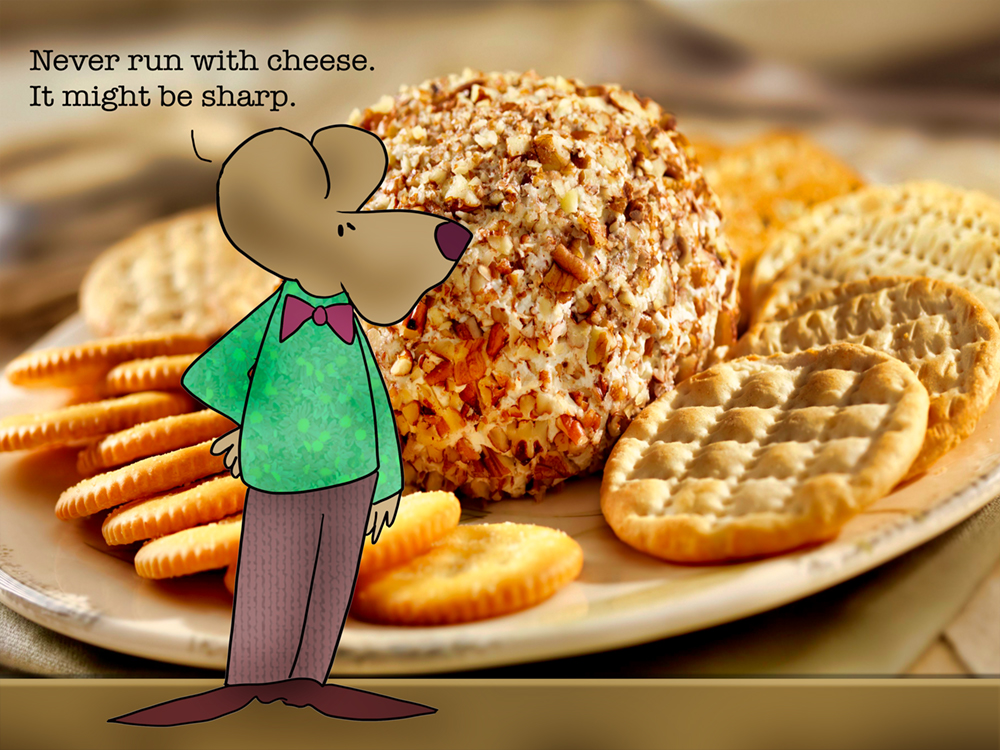Things happen in Massachusetts. Ever since the place came to be written down in history books, things of importance seem to take place there. Why, in 1620, the Pilgrims popped in on Plymouth. A big P event.
Massachusetts is a land of firsts, I’ll tell you. The first public park was established there, Boston Commons. The first public school. First American University, in the way of Harvard, Cambridge. It goes on. The first newspaper, lighthouse, railroad, subway system, and more.
Heck, the first basketball game was played there, and the first telephone was demonstrated by Alexander Bell. Most of this, in Boston. And they know how to throw a party, or, tea. Right into the harbor. I know these things, because every time one comes around, I have to spell Massachusetts. And for some reason, it gets me every time.
Anyway, all of these things pale in comparison to the big even which occurred on this date. Yes, back on July 20, 1801, a guy named Elisha Brown, Jr. made a big impression. In fact, he pressed a 1,235-pound cheese ball. Now, I say Elisha Jr. did this. But it actually happened on his farm. In a town called Cheshire. There’s no telling who did the actual pressing of the ball. It could have been Helga Hamhocker for all we know.
Anyway. There it was in all its glory. The cheese was created by combining the milk from every cow in the town. Now, that’s a lot of milk to make that much cheese. I’m not a dairy farmer, but even an outsider could see that. What I want to know is if the townspeople had to go without milk during the construction of the cheese. Did they have to eat their Wheaties bone dry every morning for a week? What about butter?
Regardless, they acquired the milk and squeezed that ball in a makeshift cheese press to handle the cheese’s size. Nowhere in the historical accounts does it state what kind of cheese this was. Farmer’s cheese? Cheddar? Probably not Swiss. The holes make for bad cheese formations.
Once it was complete, the Cheshire Mammoth Cheese was to be a gift to President Thomas Jefferson. Lucky Tom, I hope he liked cheese. Or Sally even. And I hope they had some really big crackers on hand. But before all that could happen, the good people of Cheshire had to figure out how to get a 1,235-pound ball of cheese from Massachusetts to D.C. Due to its size, it could not safely be transported on wheels. So they called Uber. Well, sort of. The town hired a horse-drawn sleigh to bring it to Washington, D.C. during the snowy winter months.
It took them three weeks to get it down there. By that time, Jefferson could have stocked up on the Grey Poupon and party rye. The ball went from town to town and it was a bit of a celebrated event at each stop. Finally, the cheese rolled into the White House and was presented to Jefferson on January 1, 1802. So from the pressing to the doorstep, we are talking six months of cheesing around for the good folks of Cheshire. That doesn’t even count the trip back home.
I bet if you visit Cheshire, there’s a plaque. I’d lay money on it.
Other historical accounts are pretty similar, and one even reports that the entire ordeal gave rise to the term “the Big Cheese” to denote a person of importance.
I for one like a good cheese ball. I do a little happy dance when I see them come out at Christmas time, with the Toasteds Crackers, and the Club Crackers, which are the bomb. I think they should be incorporated into some sort of Holiday game, where every person attending gets their own cheeseball. They must then roll them toward some sort of makeshift targets, for points.
The winner is then photographed, with the trophy, at which time they must “say cheese” while getting their picture taken. As you can see, I — just like the folks in Massachusetts — really know how to party.
===========
“Poets have been mysteriously silent on the subject of cheese.”
― G.K. Chesterton, Alarms and Discursions
=============
“How can you govern a country which has 246 varieties of cheese?”
― Charles de Gaulle
=============
“The early bird gets the worm, but the second mouse gets the cheese.”
― Willie Nelson
============
Have a ball and just say cheese.
